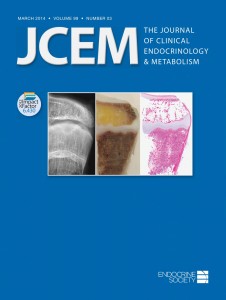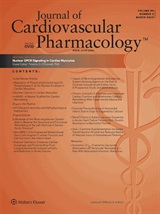 A heart researcher has notched her third retraction, a small 2006 trial in Annals of Internal Medicine which seemed to show that a blood pressure drug could help people with artery disease walk further with less pain.
A heart researcher has notched her third retraction, a small 2006 trial in Annals of Internal Medicine which seemed to show that a blood pressure drug could help people with artery disease walk further with less pain.
Earlier this year, Anna Ahimastos, formerly a researcher at Baker IDI Heart and Diabetes Institute in Melbourne, lost a larger clinical trial in JAMA and a subanalysis in Circulation Research after it was discovered she’d fabricated patient records. As principle investigator Bronwyn Kingwell told us in September:
Specifically, records were fabricated for trial participants that did not exist.
Now, following an investigation by the institute, her co-authors are proactively retracting papers, with more to come. The Annals of Internal Medicine paper, “Ramipril Markedly Improves Walking Ability in Patients With Peripheral Arterial Disease,” is being pulled due to an “inability to adequately validate primary data sources.” According to the note, Ahimastos “maintains the integrity of the data and validity of reported results:”
Continue reading Heart researcher who faked patient data gets third retraction







